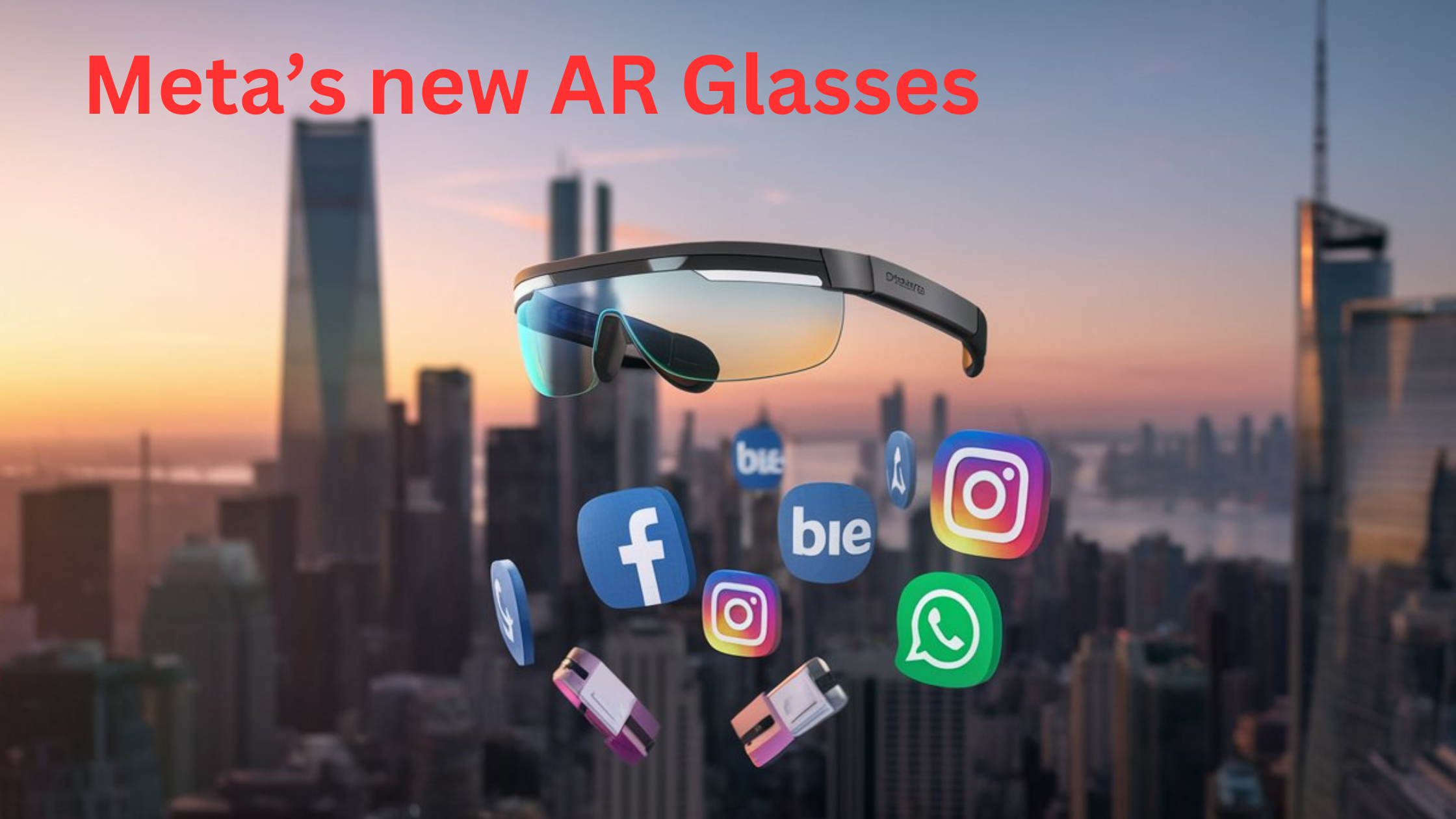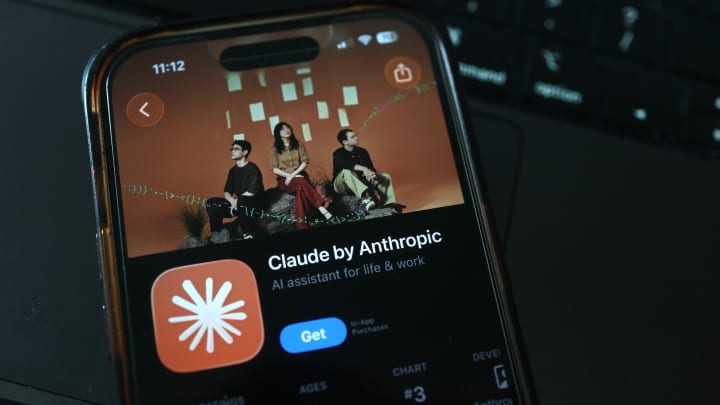Meta’s New AR Glasses: The Future of Smartphones and Social Media in the US
Meta’s latest innovation, its advanced AR glasses, is set to redefine the tech landscape, potentially replacing smartphones and transforming how Americans interact with social media. These cutting-edge augmented reality glasses promise to merge the digital and physical worlds, offering a seamless, hands-free experience that could make smartphones obsolete. With this groundbreaking technology, Meta is not just stepping into the future—it’s shaping it.

Table of Contents
How Meta’s AR Glasses Work: A Glimpse into the Future
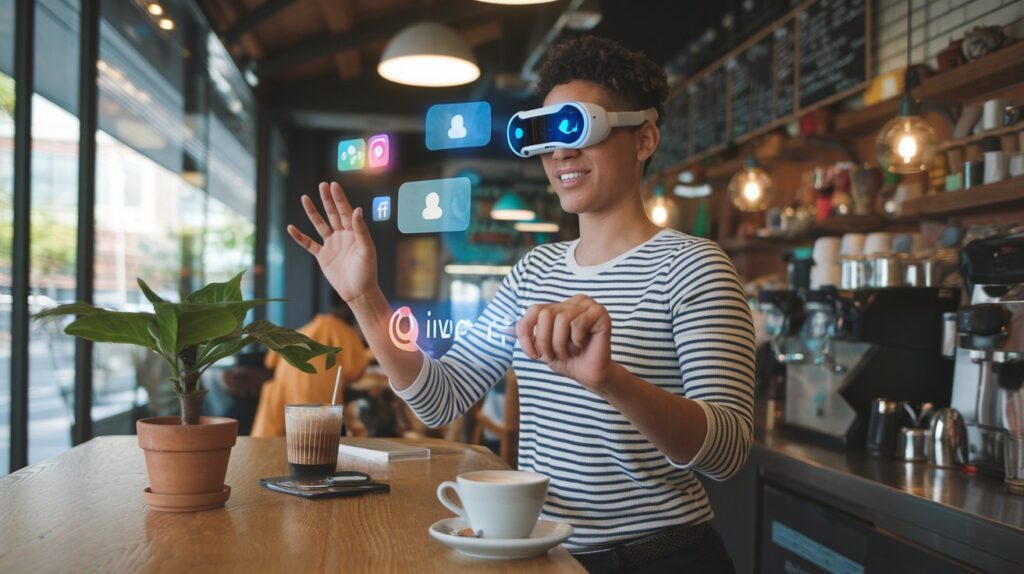
Meta’s AR glasses are designed to overlay digital content onto the real world, allowing users to access apps, messages, and media without the need for a smartphone. Imagine walking through a city while receiving real-time navigation prompts, checking notifications, or even live-streaming your perspective to friends—all through a sleek pair of glasses. This technology leverages voice commands, gesture controls, and eye-tracking to create a truly immersive experience.
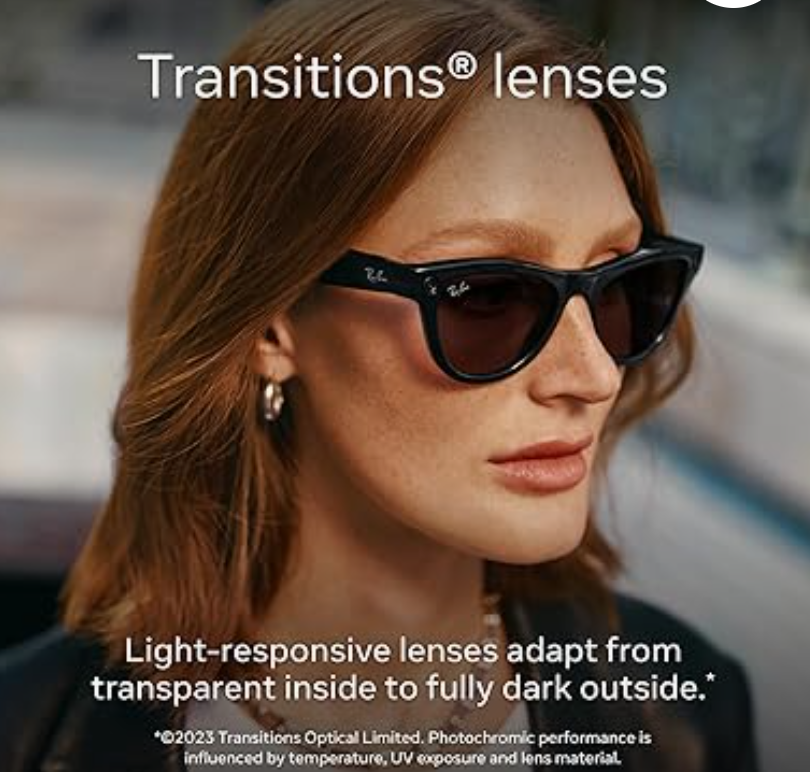
The glasses are expected to integrate seamlessly with Meta’s social media platforms, including Facebook, Instagram, and WhatsApp. This integration could revolutionize content creation and consumption, enabling users to share immersive, real-time experiences rather than static photos or videos.
| Feature | Meta’s AR Glasses | Ray-Ban Stories | Rokid Air | vuzix blade upgraded smart glasses |
|---|---|---|---|---|
| Price | Expected: 500–500–800 | 299–299–329 | $379 | $399 |
| Display Technology | Advanced AR with holographic overlays | Basic camera and audio integration | 1080p Micro-OLED display | HD display with waveguide optics |
| Field of View (FOV) | 90° (rumored) | N/A (focused on camera, not AR) | 52° | 28° |
| Battery Life | Up to 6 hours (rumored) | Up to 6 hours | Up to 5 hours | Up to 8 hours |
| Weight | Lightweight (expected under 100g) | 49g | 106g | 85g |
| Social Media Integration | Deep integration with Facebook, Instagram, WhatsApp | Basic photo/video sharing on social media | Limited (requires smartphone connection) | Limited (focused on enterprise use) |
| Hands-Free Controls | Voice commands, gesture controls, eye-tracking | Voice commands, touch controls | Voice commands, touch controls | Voice commands, touch controls |
| Smartphone Dependency | Minimal (standalone functionality) | High (requires smartphone for full use) | High (requires smartphone for full use) | Moderate (works standalone but limited) |
| Best Use Case | Social media, gaming, productivity | Casual photo/video sharing | Entertainment, gaming | Enterprise, industrial applications |
| Pros | – Cutting-edge AR technology – Deep social media integration – Hands-free experience | – Stylish design (Ray-Ban collaboration) – Affordable price | – High-quality display – Good for gaming and media | – Long battery life – Durable design |
| Cons | – High price (expected) – Early-stage technology | – Limited AR functionality – Privacy concerns | – Requires smartphone – Narrow FOV | – Expensive – Limited consumer use |
Why AR Glasses Could Replace Smartphones
Smartphones have been the cornerstone of modern communication for over a decade, but their limitations are becoming increasingly apparent. From screen fatigue to the inconvenience of carrying a bulky device, users are ready for a change. Meta’s AR glasses address these pain points by offering a more natural and efficient way to stay connected.
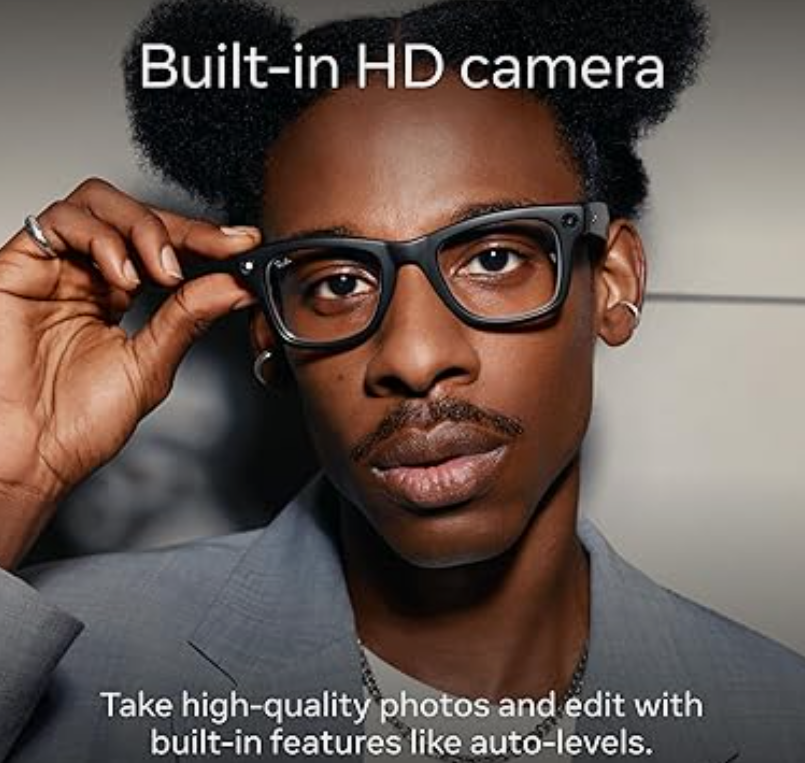
For instance, professionals could use AR glasses to attend virtual meetings, view 3D models, or access real-time data without being tethered to a smartphone. Similarly, everyday users could enjoy a more intuitive way to interact with digital content, from checking the weather to scrolling through social media feeds.
The Impact on Social Media in the US
Social media platforms are poised to undergo a massive transformation with the adoption of AR glasses. Meta’s AR technology could enable new forms of storytelling, advertising, and community building. Brands might create AR filters that interact with physical spaces, while influencers could offer followers a first-person view of their lives.
This shift could also lead to the rise of new social media trends, such as AR-based challenges, immersive live streams, and interactive ads. As Meta continues to innovate, the line between the digital and physical worlds will blur, creating endless possibilities for social interaction.

Challenges and Opportunities
While the potential of Meta’s AR glasses is undeniable, there are challenges to overcome. Early adopters may face high costs, limited battery life, and concerns about privacy and data security. However, as the technology evolves, these issues are likely to be addressed, paving the way for widespread adoption.
For businesses, the opportunities are immense. Companies that embrace AR technology early could gain a competitive edge, offering innovative products and services that cater to the next generation of tech-savvy consumers.
Trending Perspectives on Meta’s AR Glasses
Analysts predict that AR glasses could become as ubiquitous as smartphones within the next decade, while others caution that the technology is still in its early stages.
According to a report by CNET, Meta’s AR glasses could revolutionize not just social media but also industries like healthcare, education, and retail.
Conclusion: The Dawn of a New Era
Meta’s AR glasses represent a bold leap into the future, offering a glimpse of a world where digital and physical realities coexist seamlessly. By potentially replacing smartphones and transforming social media, these glasses could redefine how we connect, share, and experience the world.
As the technology evolves, it will be fascinating to see how Meta and other innovators shape this new era of augmented reality. One thing is certain: the future of tech and social media is brighter—and more immersive—than ever before. [USnewsSphere.com]


